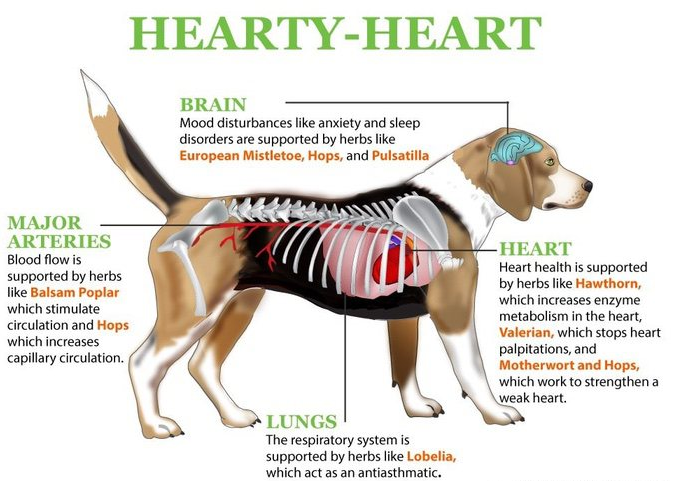Large dog breeds are beloved for their majestic stature and gentle nature, but they often face unique health challenges. Understanding the health issues common in large dog breeds and how to prevent them is crucial for providing the best dog health care. In this guide, we’ll explore the most common problems and offer expert tips to keep your big canine companion healthy and happy.
Common Health Issues in Large Dog Breeds
- Hip Dysplasia
Hip dysplasia is a genetic condition where the hip joint doesn’t fit properly into the hip socket. This can lead to arthritis and mobility issues.- Prevention: Maintain a healthy weight, provide regular exercise, and consider supplements like glucosamine and chondroitin.
- Bloat (Gastric Dilatation-Volvulus)
Bloat is a life-threatening condition where the stomach fills with gas and can twist.- Prevention: Feed smaller, more frequent meals, avoid vigorous exercise after eating, and consider using a raised food bowl.
- Heart Conditions
Large breeds are prone to heart conditions such as dilated cardiomyopathy (DCM).- Prevention: Regular veterinary check-ups, a balanced diet rich in essential nutrients, and avoiding grain-free diets unless prescribed by a vet.
- Osteosarcoma (Bone Cancer)
This aggressive cancer is more common in large breeds.- Prevention: While not entirely preventable, maintaining a healthy weight and regular check-ups can help detect issues early.
- Arthritis
Arthritis is common due to the extra weight and strain on large dogs’ joints.- Prevention: Regular, moderate exercise, maintaining a healthy weight, and joint supplements can help manage and prevent symptoms.

Best Dog Health Care Tips for Large Breeds
- Balanced Diet and Nutrition
Providing a diet tailored to your dog’s specific needs is key.- Choose high-quality, large-breed dog food with the right balance of protein, fat, and nutrients.
- Avoid overfeeding and ensure your dog maintains a healthy weight.
- Regular Exercise
Large breeds need regular exercise to keep their muscles strong and joints healthy.- Incorporate activities like walking, swimming, and gentle play.
- Avoid high-impact activities that may strain joints.
- Routine Veterinary Visits
Regular check-ups are crucial for early detection of potential health issues.- Schedule annual or bi-annual visits with your veterinarian.
- Keep up with vaccinations, dental care, and parasite prevention.
- Proper Grooming and Skin Care
Grooming isn’t just about keeping your dog looking good; it’s also important for their health.- Regular brushing helps prevent matting and skin infections.
- Check for signs of skin conditions, lumps, or parasites.
- Mental Stimulation
Large breeds are intelligent and require mental stimulation to prevent boredom and anxiety.- Provide puzzle toys, training sessions, and social interactions.

Final Thoughts on Health Issues Common in Large Dog Breeds
Understanding and addressing the health issues common in large dog breeds is essential for ensuring a long, healthy life for your pet. By following the best dog health care practices, you can prevent or manage many common conditions. Remember, regular veterinary care, a balanced diet, and proper exercise are the foundations of good health for your large breed dog.
Incorporating these tips into your daily routine will not only help prevent health issues but also strengthen the bond you share with your furry friend. Keep in mind that every dog is unique, and consulting with a veterinarian for personalized advice is always recommended. By staying informed and proactive, you can provide the best possible care for your beloved canine companion.





















